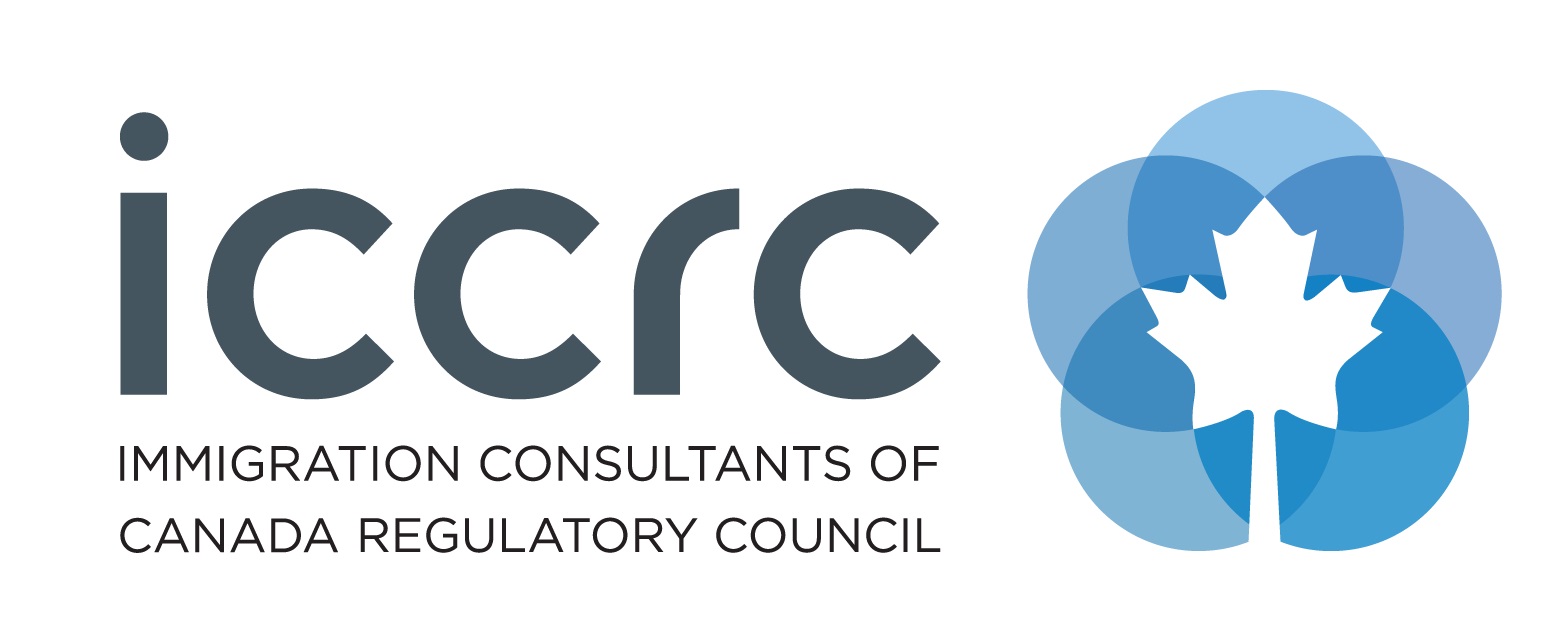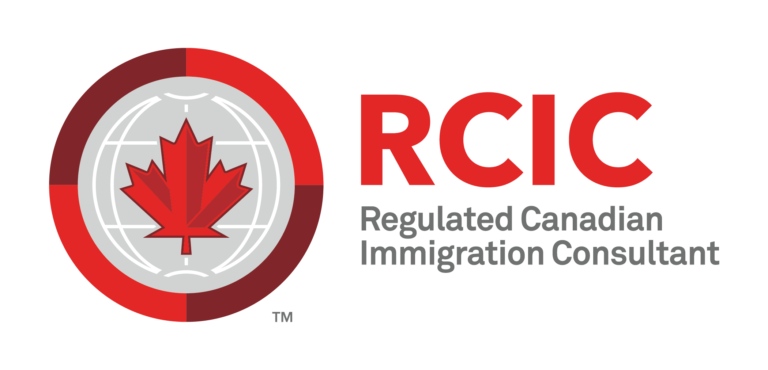Canada has become a popular destination for individuals seeking permanent residency due to its high standard of living, excellent healthcare and education systems, and diverse cultural landscape. Obtaining permanent residency in Canada offers numerous benefits, including the opportunity to live and work anywhere in the country, access to social benefits, and the potential to apply for Canadian citizenship. In this article, we will explore the various pathways to secure Canada permanent residency and provide a comprehensive guide on how to navigate the application process.
Canada Permanent Residency (PR) refers to the status of an individual who is not a Canadian citizen but has been granted permission to live and work in Canada indefinitely. It is an immigration status that allows individuals to enjoy many of the same rights and privileges as Canadian citizens. Permanent residents have the right to access healthcare, education, and social benefits, and they are protected under Canadian law.
To be eligible for Canada Permanent Residency, applicants must meet certain criteria set by the Canadian government. The eligibility requirements may vary depending on the immigration program through which the applicant applies. Generally, applicants are assessed based on factors such as age, education, work experience, language proficiency, and adaptability.
Canada Permanent Residency offers a wide range of benefits. Permanent residents have the freedom to live and work anywhere in Canada, pursue education at any Canadian institution, access social benefits and healthcare services, and apply for Canadian citizenship after meeting the residency requirements. Additionally, permanent residents have the opportunity to sponsor their family members to join them in Canada.
There are several pathways to apply for Canada Permanent Residency. The most common programs include the Express Entry Program, Provincial Nominee Programs (PNPs), Quebec Skilled Worker Program, Family Sponsorship, and Start-up Visa Program.
The Express Entry Program is a popular pathway for skilled workers to obtain permanent residency in Canada. It is an online system that manages applications for three economic immigration programs: the Federal Skilled Worker Program, the Federal Skilled Trades Program, and the Canadian Experience Class.
To be eligible for the Express Entry Program, applicants must meet the criteria of one of the three economic immigration programs. These criteria include factors such as education, work experience, language proficiency, and adaptability. Applicants are ranked based on the Comprehensive Ranking System (CRS), and the highest-ranked candidates receive an Invitation to Apply (ITA) for permanent residency.
The Comprehensive Ranking System (CRS) is a points-based system used to rank candidates in the Express Entry pool. Points are awarded for various factors such as age, education, work experience, language proficiency, and adaptability. Candidates with higher CRS scores have a better chance of receiving an ITA.
An Invitation to Apply (ITA) is a document issued to candidates who have been selected from the Express Entry pool to apply for permanent residency. Once an ITA is received, applicants have a limited time to submit their complete application, including all supporting documents.
The document checklist for the Express Entry Program includes identification documents, educational transcripts and certificates, language test results, work experience letters, and proof of funds. It is essential to ensure that all required documents are provided accurately and within the specified time frame.
Provincial Nominee Programs (PNPs) allow Canadian provinces and territories to nominate individuals who wish to settle in a specific province or territory. Each province has its own set of eligibility criteria and application process.
PNPs are designed to address the specific labor market needs of each province or territory. They offer an alternative pathway for individuals who may not qualify under the federal immigration programs. PNPs target skilled workers, entrepreneurs, and individuals with connections to the province or territory.
Eligibility criteria for PNPs vary depending on the province or territory. Generally, applicants must possess the skills and experience required by the specific province or territory, meet minimum language requirements, and have sufficient settlement funds. Each province or territory publishes a list of in-demand occupations, and applicants with skills in those occupations may receive priority processing.
The application process for PNPs typically involves several stages, including submitting an Expression of Interest (EOI), receiving a provincial nomination, and applying for permanent residency to the federal government. It is important to follow the specific requirements and instructions of the province or territory to which you are applying.
The Quebec Skilled Worker Program is designed for individuals who wish to settle in the province of Quebec. It is a points-based system that evaluates candidates based on factors such as education, work experience, language proficiency, age, and adaptability.
The Quebec Skilled Worker Program is unique to the province of Quebec, which has its own immigration requirements and selection criteria. Applicants must undergo a two-step process, which includes obtaining a Certificat de sélection du Québec (CSQ) from the Government of Quebec and then applying for permanent residency to the federal government.
Eligibility criteria for the Quebec Skilled Worker Program include factors such as education, work experience, language proficiency (French and English), age, and adaptability. Applicants must also demonstrate their intent to settle in Quebec and have sufficient funds to support themselves and their family members.
The application process for the Quebec Skilled Worker Program involves submitting an online application to the Government of Quebec, attending an interview (if required), obtaining a CSQ, and subsequently applying for permanent residency to the federal government.
Family Sponsorship allows Canadian citizens and permanent residents to sponsor their eligible family members to come to Canada and obtain permanent residency. The program aims to reunite families and enable them to live together in Canada.
Spousal Sponsorship is a common form of Family Sponsorship. It allows Canadian citizens and permanent residents to sponsor their spouses or common-law partners to obtain permanent residency in Canada. Both the sponsor and the sponsored person must meet certain eligibility criteria.
Common-Law Partner Sponsorship is similar to Spousal Sponsorship but applies to couples who have been living together in a conjugal relationship for at least one year. The sponsor and the sponsored person must provide evidence of their genuine relationship.
Conjugal Partner Sponsorship is for couples who are unable to live together due to circumstances beyond their control, such as immigration barriers or religious and cultural reasons. The sponsor and the sponsored person must demonstrate that they have a genuine and committed relationship.
The Start-up Visa Program is designed for entrepreneurs who have a viable business idea and are willing to establish a business in Canada. It aims to attract innovative entrepreneurs who can contribute to the Canadian economy.
The Start-up Visa Program requires applicants to have a qualifying business idea and secure a commitment from a designated organization, such as a venture capital fund, angel investor group, or business incubator. The designated organization must support the applicant’s business idea and provide a letter of support.
Eligibility criteria for the Start-up Visa Program include having a qualifying business idea, obtaining a commitment from a designated organization, meeting language requirements, and having sufficient funds to settle in Canada. Applicants must also pass medical and security checks.
The application process for the Start-up Visa Program involves submitting an application package that includes a detailed business plan, a commitment certificate or letter of support from a designated organization, and other supporting documents. Applicants are also required to attend an interview if requested.
Obtaining Canada Permanent Residency offers individuals the opportunity to live and work in one of the world’s most prosperous and diverse countries. Whether through the Express Entry Program, Provincial Nominee Programs, Quebec Skilled Worker Program, Family Sponsorship, or Start-up Visa Program, there are various pathways available to fulfill the dream of becoming a permanent resident of Canada. By understanding the eligibility criteria, requirements, and application processes outlined in this article, individuals can navigate the journey to permanent residency with confidence.
Yes, permanent residents of Canada have the right to work anywhere in the country.
To be eligible for Canadian citizenship, permanent residents must have physically resided in Canada for at least 1,095 days in the five years preceding their citizenship application.
Yes, depending on the program, you may be able to include your spouse, common-law partner, and dependent children in your permanent residency application.
No, there is no specific age limit to apply for Canada Permanent Residency. However, age is a factor that is considered in the eligibility criteria for certain programs.
Yes, it is possible to apply for permanent residency through multiple Provincial Nominee Programs; however, the eligibility criteria and application processes may vary for each province.

RCIC: R509154
Ready to take the next step towards your Canada Permanent Residency? We’re here to help! Our team of experienced immigration experts is ready to guide you through the process and answer all your questions. Contact us today for a consultation and let us assist you in making your dream of living and working in Canada a reality.

